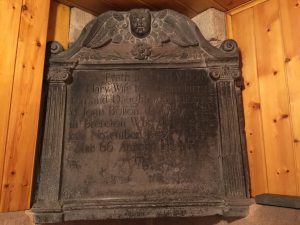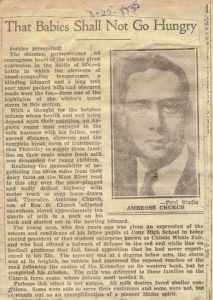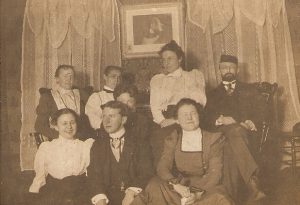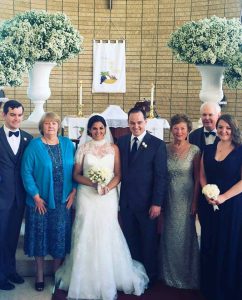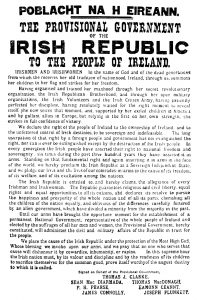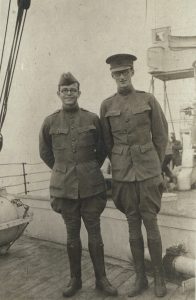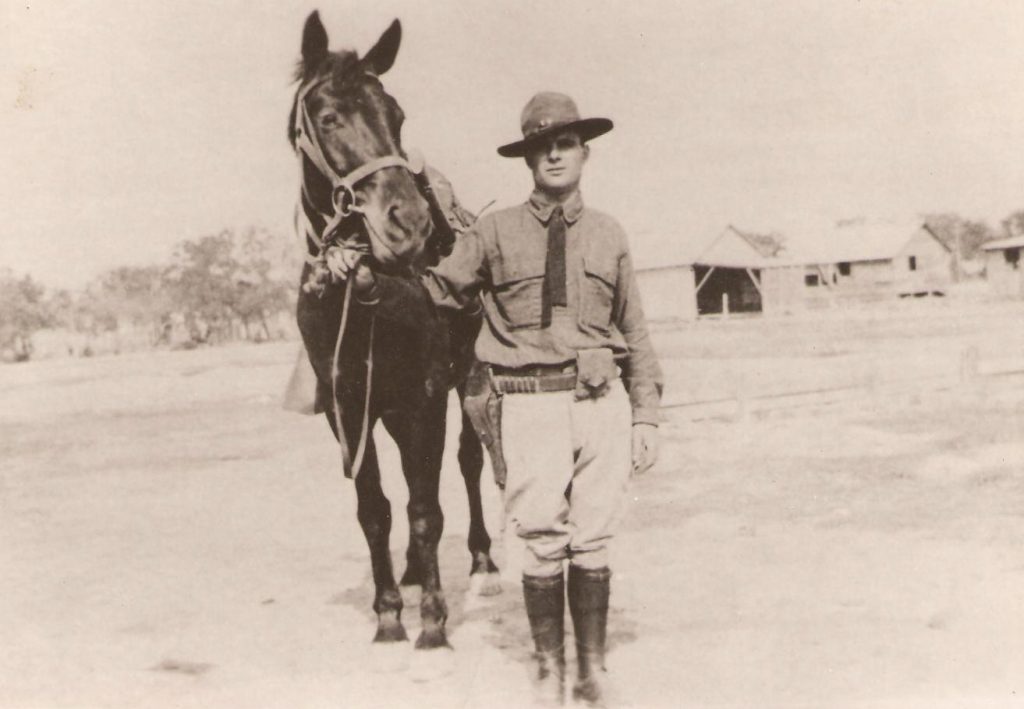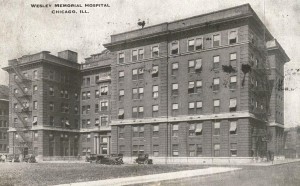 The Babson Historical Association is preparing an updated Babson Genealogy for publication in 2017. The Babsons are unique in several ways.
The Babson Historical Association is preparing an updated Babson Genealogy for publication in 2017. The Babsons are unique in several ways.
First, they are one of the few families descended from a Great Migration matriarch who came to New England without a husband. Isabel Babson came to Salem in 1637 with her sons Richard and James. Her husband, Thomas Babson, had died in England. A married daughter – Joan, wife of John Collins – came with her husband shortly thereafter. Son Richard returned to England permanently and had four children we know of, but we have not traced any of the English descendants. Continue reading The Babson brood
